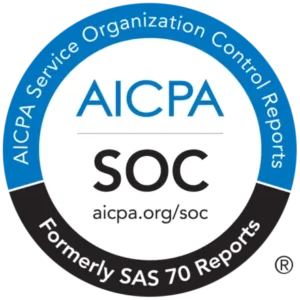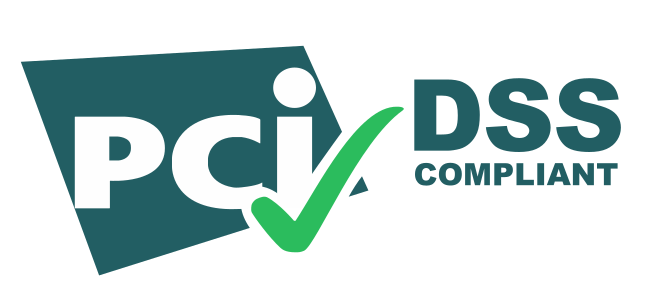Plagiarism Checker By Copyleaks
Ensure the originality of your content and prevent copyright infringement with the award-winning Plagiarism Checker from Copyleaks.

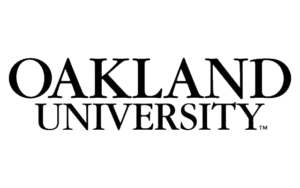



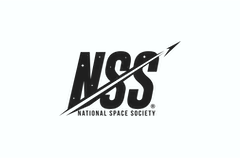

Maintain originality with the award-winning Plagiarism Checker.
Powered by advanced AI, the Copyleaks Plagiarism Checker is the marketing-leading tool for detecting paraphrasing, source code infringement, AI-generated text, and more.
Pair with the award-winning AI Detector, and the Writing Assistant for the ultimate all-in-one platform.
Detect Plagiarism
In All Its Forms
Copyleaks’ plagiarism checker ensures originality by detecting paraphrasing, image-based plagiarism, character manipulation, and even AI-generated text.
A High-Quality Plagiarism Report, Your Way
Choose the insights you want to see and how you want them reported.
Every plagiarism detection scan provides a detailed report, including web page links where potential findings are sourced from, generative AI detection, and more that can be customized, downloaded, and shared.
AI
Insights
Reveals Why It’s AI
A first of its kind, patent-pending innovation that provides comprehensive analysis around why text has been identified as AI. Greater transparency coupled with a deeper understanding of AI patterns and traces empowers authenticity and originality while helping ensure more confident decisioning.
Learn more about AI Insights.
An Unparalleled Search For Your Most In-Depth Results
Search across an unparalleled database of resources for every scan, including:
- 16,000+ open-access journals
- 60 trillion websites and search engines.
- 1M+ internal documents
- 20+ code data repositories
Elevate your originality with the Copyleaks Plagiarism Checker.
Key Features of The Plagiarism Checker
AI Plagiarism Checker
Detect advanced AI plagiarism, paraphrasing, and more with over 99% accuracy. Offers full model coverage that includes GPT, Gemini, Claude, and AI detection in 30+ languages.
Cross-Language Plagiarism Detection
Scan a document in Spanish and find potential duplicate content matches in Chinese, German, Portuguese, and more. Over 30+ languages supported.
Source Code Plagiarism Detection
Identify AI-generated code, code plagiarism, modified code, and licensing alerts. With one robust solution, avoid potential infringement.
Scheduled Recurring Scans
Whether you are a content creator or writing a research paper, scheduled recurring scans add an extra layer of protection, automatically protecting your hard work from potential plagiarism or unlawful duplication.
Over 100 Languages Supported
Detection for potential plagiarism in over 100 world languages, including German, Russian, Spanish, English, and more.
Military-Grade Security
Have full confidence in military-grade security, GDPR compliance, and SOC 2 and SOC 3 certifications, see full security details.
Plagiarism Checker Integrations
For Enterprises
Bring the power of the Copyleaks Plagiarism Checker to your native platform with seamless, fully white-labeled API integration.







For Educational Institutions
Simple LMS integration empowers learning and error-free writing while keeping everything you need in one convenient place.
Oakland University Case Study
Learn how Oakland University adopted Copyleaks and changed the conversation around AI and plagiarism among their faculty and staff.
Campaign KPIs
Ease of use & Integration, Cost-effectiveness, Customer Support, Security
Continuous Innovation and Thought Leadership
We’re dedicated to innovation and continuous improvement, providing you with the tools needed to maintain content and academic integrity, search engine optimization, copyright compliance, risk mitigation, and more in a changing landscape. Our award-winning, industry-leading plagiarism detection ensures accurate results, keeping you ahead of the latest technologies, including genAI.
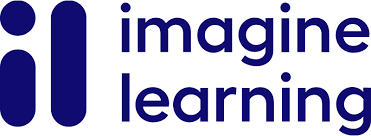
Kinsey Rawe, SVP & GM, Courseware & Instructional Services for Imagine Learning
Plagiarism Checker is even better when paired.
A comprehensive, all-in-one platform designed to ensure complete content integrity and transparency.
Frequently Asked Questions
You can try our online plagiarism checker free by registering for a Copyleaks account here.
Copyleaks can scan more than 100 languages, including English, Spanish, French, Portuguese, Arabic, Russian, German, Greek, Chinese, and Japanese.
Please note that scans will only be done in the same language you have submitted. For example, if you submit a scan in Spanish, Copyleaks will only search for results in Spanish.
Powered by AI technology, our plagiarism scans offer 3 layers of text similarity detection (identical, minor changes, and paraphrased) to give you the most accurate results.
We also provide information on how much of the text you are not scanning for plagiarism (omitted words) based on your scan settings.
See below for an explanation and examples of each of these elements.
- Identical– 1 to 1 exact word matches, highlighted in red
- Minor changes– text with minor variations from the source but conveying the same meaning. Example: changing “he was running” to “he ran”. Highlighted in light red.
- Paraphrased– text that is rewritten using different words or sentence structures, but the core idea remains the same.
- Omitted– the portion of text that is not being scanned for plagiarism based on the scan settings. (example: the ignore quotations setting is enabled, and the document is 20% quotations = the omitted words percentage is 20%), unhighlighted.
Any plagiarism tool can potentially miss small elements. However, we work hard to provide an extensive plagiarism checker that ensures 100% authenticity, whether it’s our online plagiarism detector or through an LMS or API integration.
Plagiarism checkers vary in accuracy. We take pride in using the very best of AI, machine learning, multi-language capability, and Multi-language and extensive search capabilities to provide you with the most accurate plagiarism results. Our commitment to innovation means we’re improving every day.
Multiple. When scanning against the internet, Copyleaks goes beyond site-by-site to detect plagiarism. In fact, each search spans across all publicly accessible sites in the United States and worldwide that would be found through search engines such as Google, Bing, Yahoo, and more.
No. Though you are inputting your work into a plagiarism checker, it is important to note that we will never steal your work. We will check your work for plagiarism and will allow you to download a report based on our checks.
With our Similarity Report, you can view your document’s overall percentage of similar content. Additionally, we separate similar content into 3 categories: Identical, Minor Changes, and Paraphrased.
The report breaks down these categories by different percentages. You can customize the report to focus on precisely what you want to see.
Our plagiarism detector scans text from all open-access journals and databases to detect plagiarism online. This includes over 16,000 academic journals and publications from Frontiers, Wiley, Elsevier, and thousands more.
